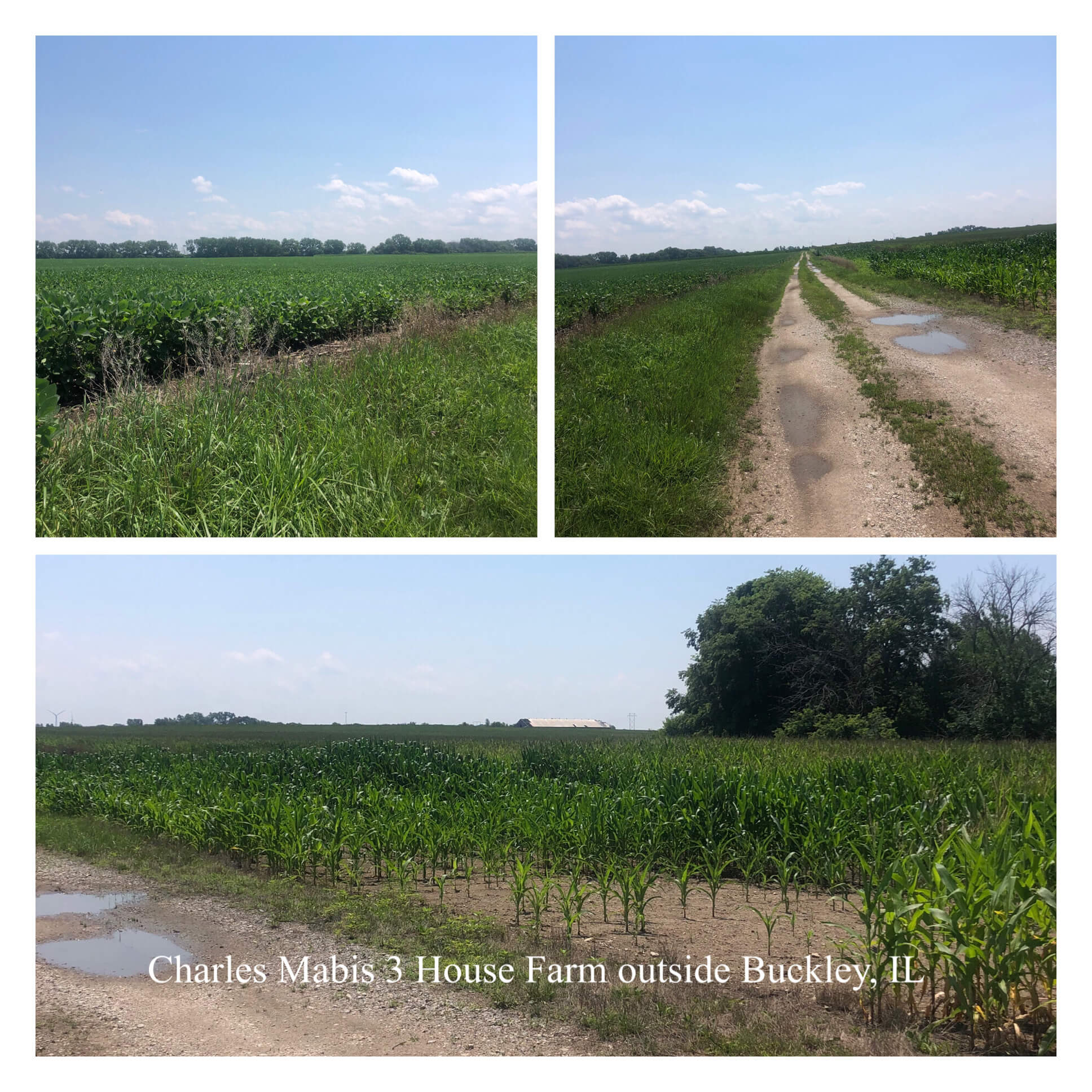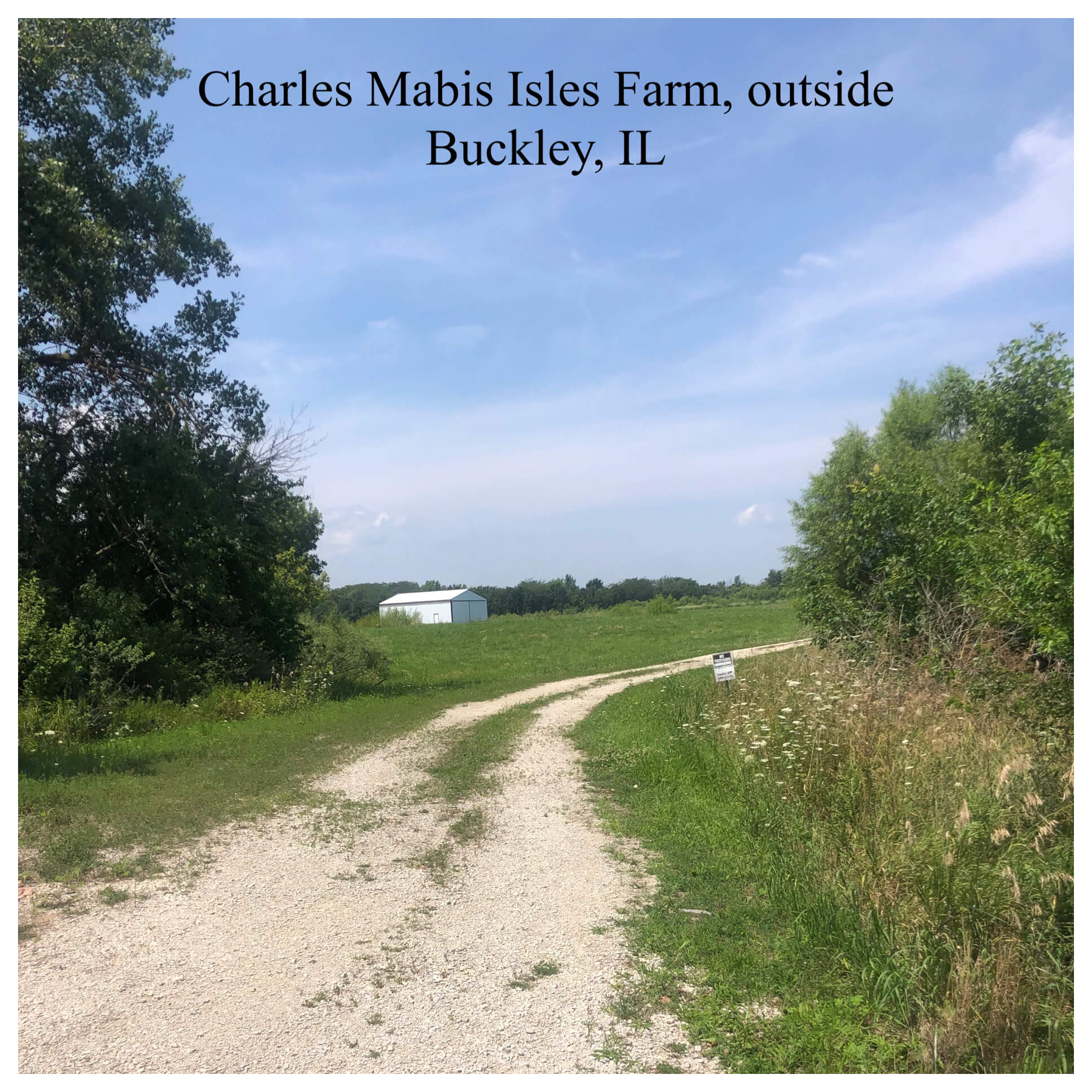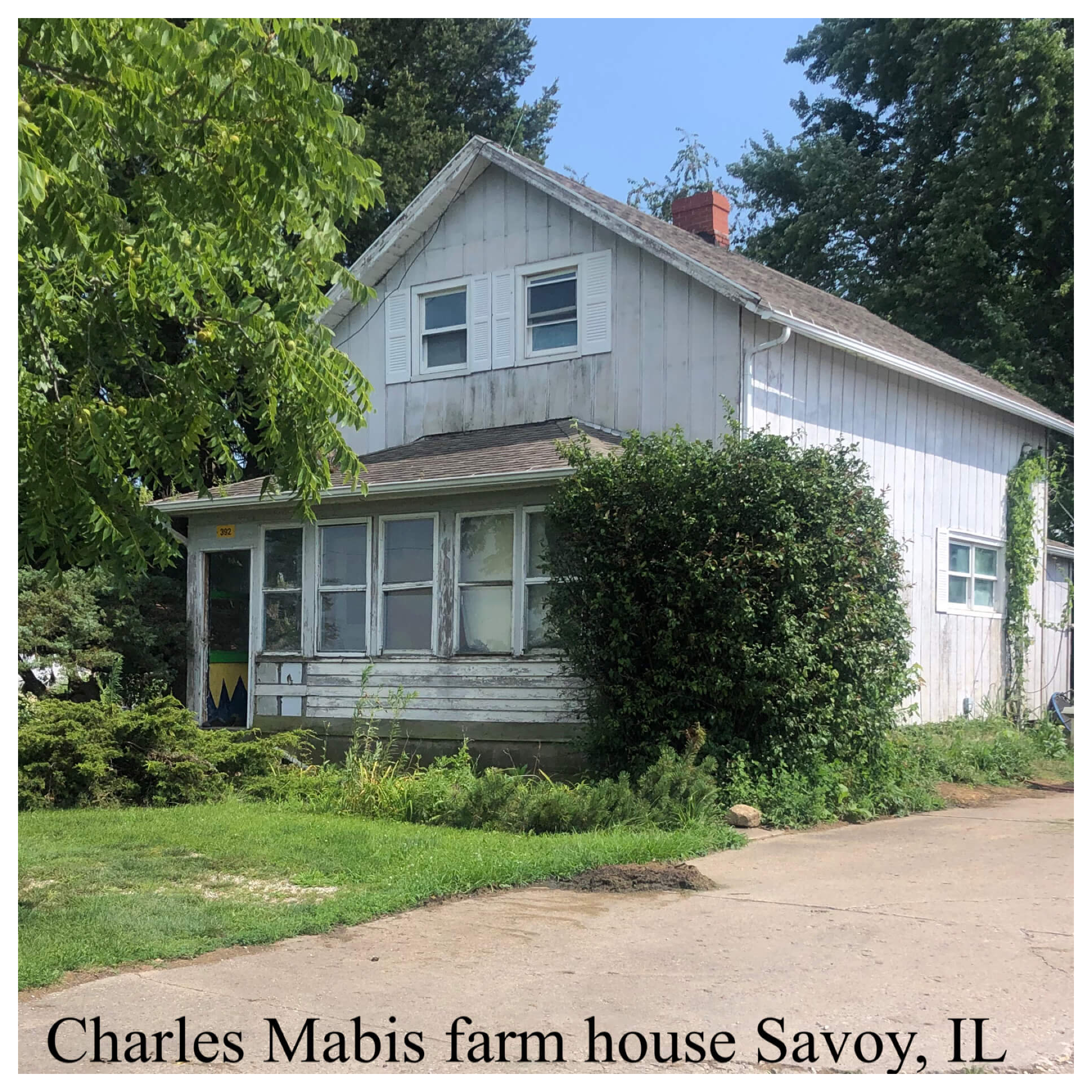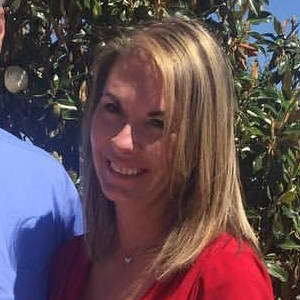Do you ever get sentimental? Wish you knew more about your ancestors? Where exactly did they all live? How did they live? Why did they move so much? In general, were they happy, content, maybe even miserable? This summer while I was back home in Illinois, I had my aunt and mother drive us around to show all the different places my Great Grandpa farmed during his years in Illinois, and tell me other life stories. There were stories with each place, and their memories brought each place to life.
Weedman, Illinois: An area so small there has never been a census specific to the unincorporated community, though the village is in two different counties.
The stories started with my Grandmother being born in Weedman, Illinois. An area so small there has never been a census specific to the unincorporated community, though the village is in two different counties. Another small town in the USA where if you blink you will miss it. Her time here was short lived due to a sister of my Great Grandma making moves on my Great Grandpa. So off to East Lansing the small family went. There the family did not farm; they made maple syrup and candles to survive. It is also where the family suffered through the Spanish flu. Though they lived there for a few years the family ended up back in Illinois when a man fell in love with my Great Grandma. What an adventure.

My Great Grandparents were called tenant farmers. They did not own the land or house.
My Great Grandparents were called tenant farmers. They did not own the land or house. They rented it and farmed the land for the owner. Over time, they rented several farms. One farm they worked for 20 years until the University of Illinois bought the land to build a golf course. My Grandma told a story of how once when they moved they had to walk behind the wagons the whole way between two of the farms. 15 miles isn’t far driving, but walking behind a wagon must have felt like forever.
My Great Grandfather, with an inheritance, was finally able to buy his own farm.
After years and years of being a tenant farmer, my Great Grandfather finally, with inheritance money from his step-mother, was able to buy his own farm. There were three houses on the land. Two of his children lived in two of the houses, and my Great Grandparents lived in the third. By this time most of their children were grown with families of their own.

But, the farm was lost!
Unfortunately, their youngest son wanted to buy a gas station, and without asking mortgaged the farm. When he wasn’t able to make the payments, the farm was lost. My Great Grandparents were devastated. They were too old to farm by this time and had no money. So a nice man took pity and let them live in a farmhouse he owned. They spent their last days there. This was the house I remember visiting one time. My Great Grandfather was old, the house seemed in the middle of nowhere (that is Illinois farm country!). He told me I looked just like my Grandma when she was little.
Do you know the places your ancestors lived?
While my Great Grandparents may not have had a happy ending, from the stories I know they had good times. Have you ever thought about asking a relative to drive you around to show you places your ancestors lived, worked, went to church, etc.? If you do go driving around or if you know of places, mark them on your map, make a note of what was there, then write a story to go along with the location. I am grateful I still have relatives that know the stories and the places and can show me my family's history.
If you need any help finding your ancestors, just let us know.


